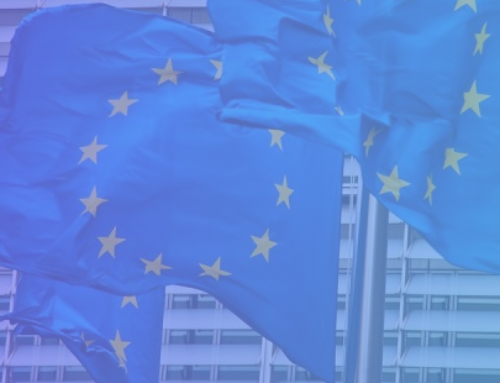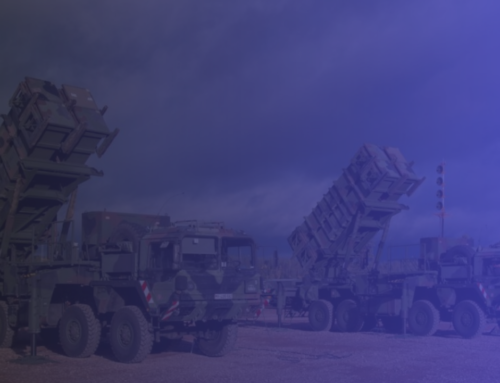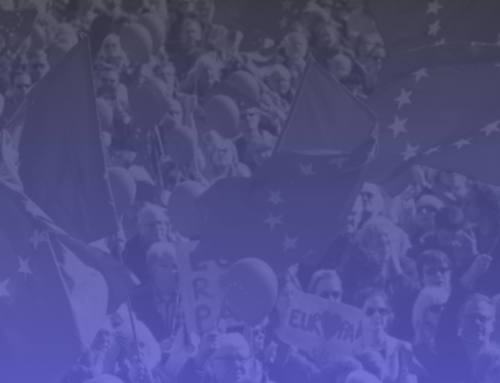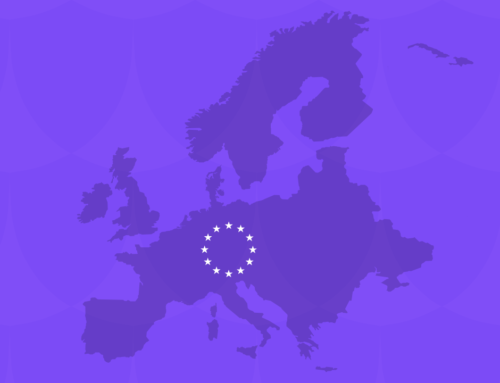Professor Catherine De Vries (Bocconi University)
The return of ‘America First’ president Donald Trump to the White House rattled Europeans. The panic about the return of American isolationism perhaps says more about Europe than about the US. It makes it painfully clear that Europeans for decades now have, in an ‘almost irresponsible’ manner, made themselves dependent on a foreign power for their own security. This is not a one-off, but rather part of a dangerous naiveté in European thinking about how to safeguard the continent’s prosperity and security. The Russian invasion of Ukraine made it painstakingly clear how European countries had relied on a foreign power for cheap energy.
Since Trump’s first election victory in 2016, European politicians have been talking about the need for Europe to stand on its own two feet. In 2017, after Donald Trump obstructed a NATO summit he attended, then German Chancellor Angela Merkel put her frustration on open display: “The times in which we can fully count on others are somewhat over, as I have experienced in the last few days,” she said. “We Europeans must really take our destiny into our own hands.” However, in the 7 years since, European politicians, including the German Chancellor, have done very little to make Europe more self sufficient.
The second Trump election comes at a very unfortunate moment for Europe which recovered far worse economically from the pandemic. If Trump returns and makes good on his tariff promise, this will have serious consequences for Europe. European Central Bank President Christine Lagarde said last week that higher import tariffs on European goods could lead to a trade war between the United States and the European Union. This could further damage the European economy, she warned. If Europe remains stuck on a path of low productivity and growth, our continent is increasingly in danger of becoming the playing field of influence of other major powers. Recent reports from former ECB President Mario Draghi, among others, on European competitiveness and the internal market confirm this. Against the background of the wars in Ukraine and Gaza and a further cooling of the relationship between China and the United States, a Europe that is better equipped to better secure its own prosperity and security is crucial.
This will not necessarily be a matter of policy plans, many exist, such as the Draghi report, but it will be as much a matter of political will of national politicians to act in concert and let Europe reach its full potential to meet this difficult moment. These politicians will look to their national publics, so that is why it is crucial to understand what citizens think. Together with Isabell Hofmann, I conduct a survey of European citizens called eupinions and we examined how European citizens assess Europe’s role in the world and need for cooperation in the EU and NATO.
Our findings suggest that while Europeans still see in the US as their most valuable ally and are supportive of NATO, eight years of American hyper-polarization at home and mixed messaging abroad have taken their toll. While in in 2017 only 25 percent of Europeans agreed that it is time for Europe to go its own way, in 2024, 63 percent of Europeans agree. 73 percent of Europeans want the EU to take more responsibility internationally. 64 percent of Europeans view NATO to be the cornerstone of their security.
European citizens seem to understand the need for more security and foreign affairs cooperation in Europe to deal with the growing geopolitical challenges. The European public clearly value institutional cooperation initiatives that were built over the last century, primarily in the context of NATO. Simultaneously meeting the demands for stepping up capacities at home and partnering with others is a balance that will be hard to strike. The responsibility to steer the transatlantic relationship through this difficult moment lies with the newly minted European and American leadership. If they fail, consequences will be felt for generations. In this context, the European Defence Community stands out as a pivotal mechanism for both enhancing Europe’s defence capabilities and maintaining a strong connection with NATO.





